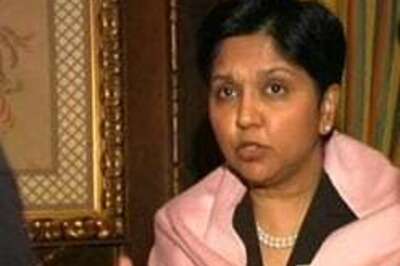
views
New Delhi: Amid concerns over the Koodankulam nuclear power project, the National Disaster Management Authority has said safety measures at all atomic plants in the country were in place but admitted earthquakes at these sites cannot be completely ruled out.
"Earthquake is a matter of great concern to us, especially in the six nuclear states of the country. The list of seismically vulnerable places is being constantly revised.
"You cannot completely rule out a quake at these sites. The challenge is to be prepared for an unlikely disaster," NDMA vice-chairman Shashidar Reddy said.
As far as the safety of the nuclear plants are concerned, he said, they are designed to withstand higher intensity than is forecast for that particular place. All the measures taken by the government and other agencies are "foolproof", he said.
"However, there is still scope for additional facilities to further bolster safety at these plants, especially after what happened in Fukushima (in Japan)," he said.
On the recent protests in Koodankulam that have stalled work on the project for over a month now, Reddy said the government and Atomic Energy Regulatory Board had undertaken a thorough review of the safety measures at the site as part of its assessment of nuclear plants across the country in the wake of Fukushima disaster.
On Friday, India's nuclear watchdog AERB had claimed the controversial Koodankulam plant was 'very well protected' but the NDMA, headed by Prime Minister Manmohan Singh, is taking no chances as it conducts mock drills at all nuclear sites and frequently reviews safety measures.
"Following the Fukushima disaster, the Prime Minister chaired a meeting of NDMA to look at better preparedness. We have conducted over 400 mock drills and have also looked at the efficiency of all the plants and identified the gaps," Reddy said.
A similar exercise would be conducted in Koodankulam soon, he said.
To meet the eventuality of a disaster, NDMA has directed state governments to set up rescue teams on the lines of the National Disaster Response Force (NDRF).
"The process of setting up a state disaster response force - trained in tackling chemical, biological, radiation and nuclear catastrophes - has already begun. When our early warning systems are still in its initial stages, what we can do is prepare best for a response in vulnerable areas," he said.
"Besides, we have asked the states to have at least two of these fully equipped and trained battalions stationed near a nuclear installation at all times. We are also in the process of putting up 1000 mobile radiation monitoring centres in 35 cities," Reddy said.




















Comments
0 comment